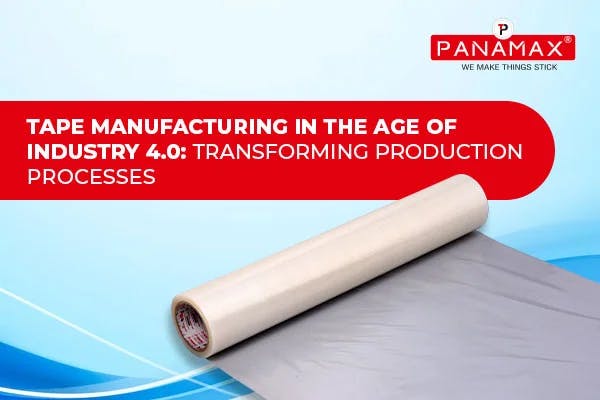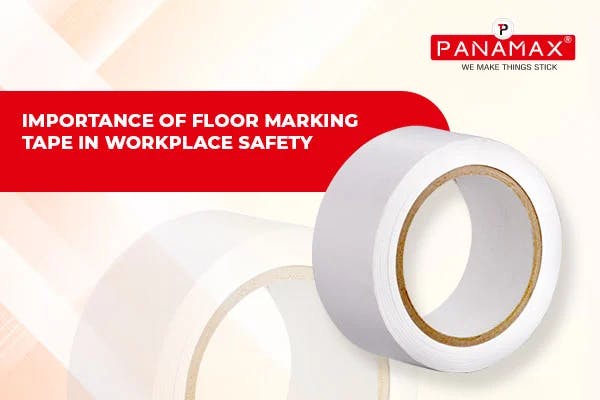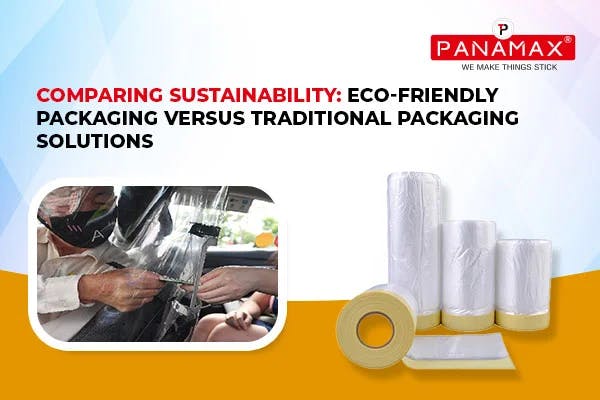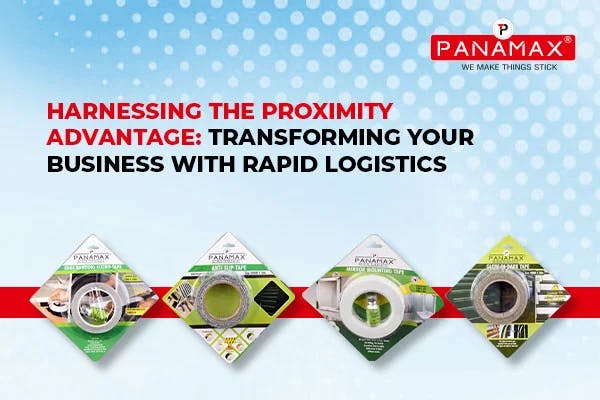


15 December

In today's rapidly evolving industrial landscape, the adoption of cutting-edge technologies has become imperative for businesses to stay competitive. From automation to artificial intelligence, industries across the globe are leveraging the power of Industry 4.0 to revolutionize their production processes. One such sector experiencing a significant transformation is tape manufacturing, where traditional methods are being reimagined to meet the demands of the digital age.
Panamax Tapes, a leading tape manufacturer in India, stands at the forefront of this technological revolution. With a rich legacy spanning decades, Panamax has continually embraced innovation to deliver high-quality tape products to its customers. However, the advent of Industry 4.0 has presented both challenges and opportunities for the company, prompting a fundamental shift in its approach to manufacturing.
At the heart of Panamax's transformation lies the integration of smart technologies into its production facilities. Through the implementation of advanced sensors, machine learning algorithms, and IoT-enabled devices, the company has enhanced its manufacturing processes with real-time data insights and predictive analytics. This has enabled Panamax to optimize production efficiency, minimize downtime, and improve overall product quality.
One of the key areas where Panamax has leveraged Industry 4.0 technologies is in predictive maintenance. By equipping its machinery with sensors that monitor various parameters such as temperature, vibration, and performance metrics in real-time, the company can detect potential equipment failures before they occur. This proactive approach not only reduces unplanned downtime but also extends the lifespan of critical assets, leading to substantial cost savings in the long run.
Furthermore, Panamax has embraced automation to streamline its manufacturing operations and increase productivity. Automated guided vehicles (AGVs) are employed to transport raw materials and finished products within the facility, minimizing the need for manual intervention and improving logistics efficiency. Collaborative robots, or cobots, work alongside human operators to perform repetitive tasks with precision and speed, allowing employees to focus on more complex and value-added activities.
However, the journey towards Industry 4.0 is not without its challenges. Panamax has had to invest significantly in upgrading its infrastructure, upskilling its workforce, and overcoming cultural resistance to change. Moreover, cybersecurity threats pose a constant risk in an interconnected digital ecosystem, requiring robust measures to safeguard sensitive data and intellectual property.









